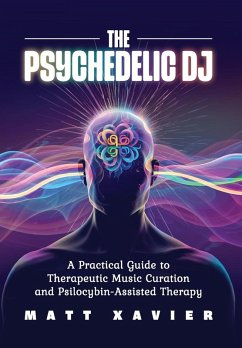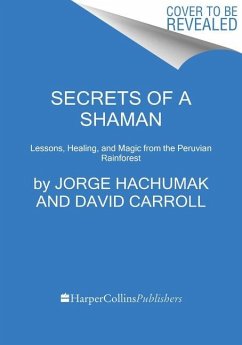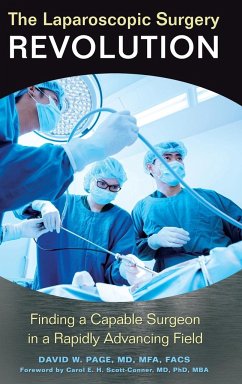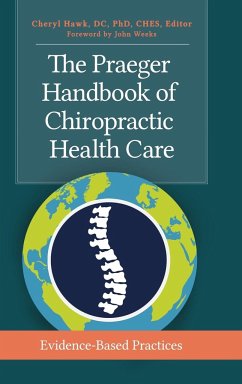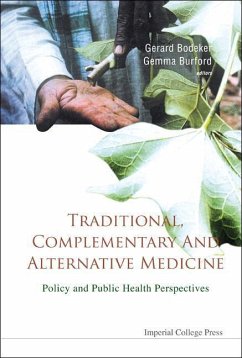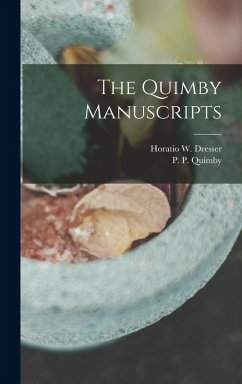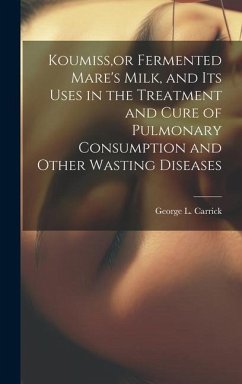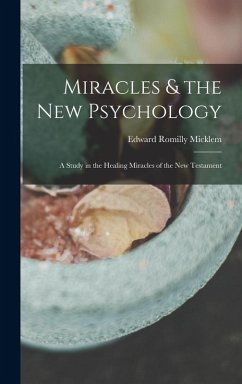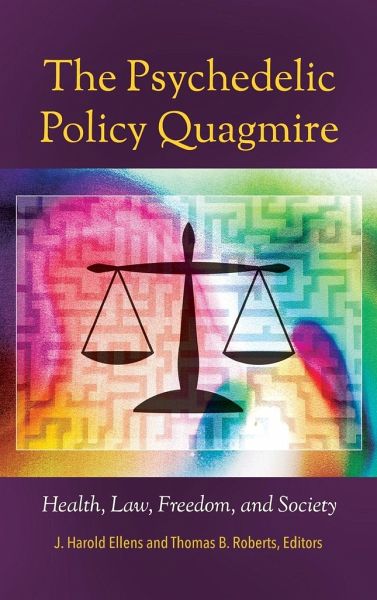
The Psychedelic Policy Quagmire
Health, Law, Freedom, and Society
Herausgeber: Ellens, J. Harold; Roberts, Thomas
Versandkostenfrei!
Versandfertig in 1-2 Wochen
88,99 €
inkl. MwSt.
Weitere Ausgaben:

PAYBACK Punkte
44 °P sammeln!
Edited by two preeminent scholars, this book provides coverage of the policy issues related to the increasingly diverse treatments, practices, and applications of psychedelics. Hallucinogenic substances like LSD, mescaline, peyote, MDMA, and ayahuasca have a reputation as harmful substances that are enjoyed only by recreational users committing criminal acts. But leading international researchers and scholars who contributed to this book hold that the use of psychedelic substances for health, religious, intellectual, and artistic purposes is a Constitutional right-and a human right. Based on t...
Edited by two preeminent scholars, this book provides coverage of the policy issues related to the increasingly diverse treatments, practices, and applications of psychedelics. Hallucinogenic substances like LSD, mescaline, peyote, MDMA, and ayahuasca have a reputation as harmful substances that are enjoyed only by recreational users committing criminal acts. But leading international researchers and scholars who contributed to this book hold that the use of psychedelic substances for health, religious, intellectual, and artistic purposes is a Constitutional right-and a human right. Based on that conclusion, these scholars focus on policy issues that regulate the use of psychedelic drugs in medicine, religion, personal life, and higher education, arguing that existing regulations should match current and anticipated future uses. This volume has two parts. The first surveys research on the use of psychedelic drugs in medicine, religion, and truth-seeking, following these topics through history and contemporary practice. The second section treats government policices that regulate the psychological, physiological, biochemical, and spiritual aspects of research and experience in these fields. The Psychedelic Policy Quagmire: Health, Law, Freedom, and Society challenges medical and legal policy experts, ethicists, scientists, and scholars with the question: How can we formulate policies that reduce the dangers of psychedelics' misuse and at the same time maximize the emerging diverse benefits?





